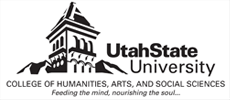First Page
26
Last Page
55
Abstract
In the wake of the Gay Liberation movement that flourished during the 1960s and 1970s, Protestant churches were forced to grapple with crafting policies toward homosexuality. As gay men and women demanded acceptance in the public sphere, so too did they demand it in matters of theology. Although sexual preference was historically a matter that the United Methodist Church (UMC) left to parishioners and their local clergy, the rise of LGBTQ activism brought non-heteronormative sexuality into the mainstream of politics, culture, and religion.1 Throughout the 1970s Protestant denominations, including the UMC, were forced to address this cultural shift through policy

